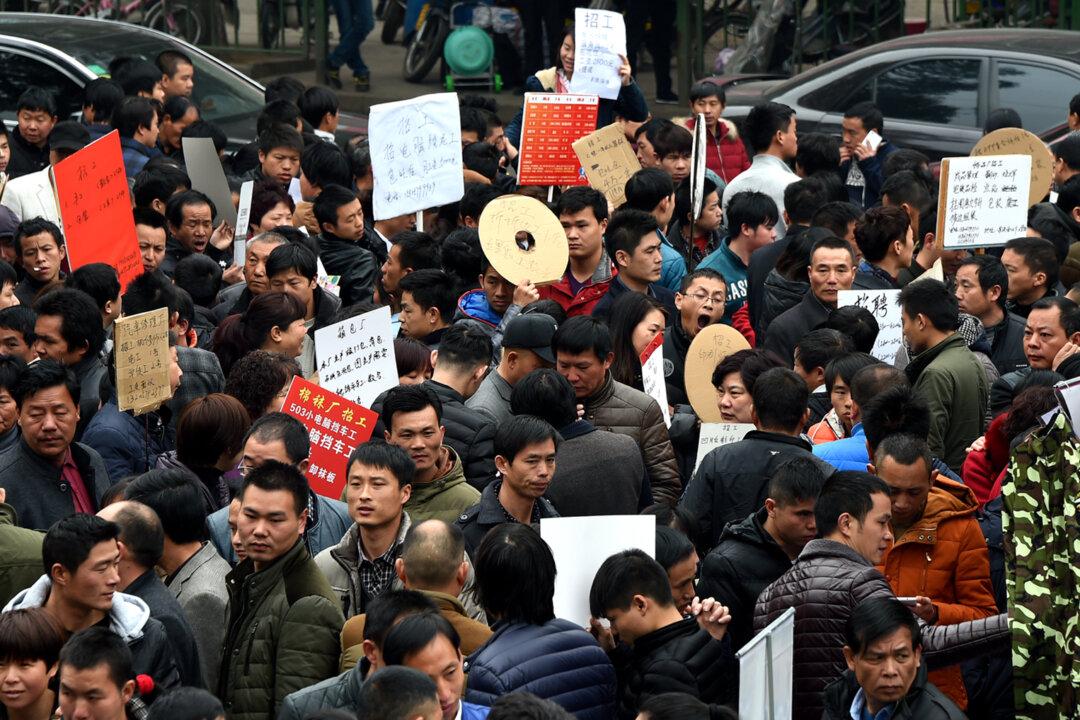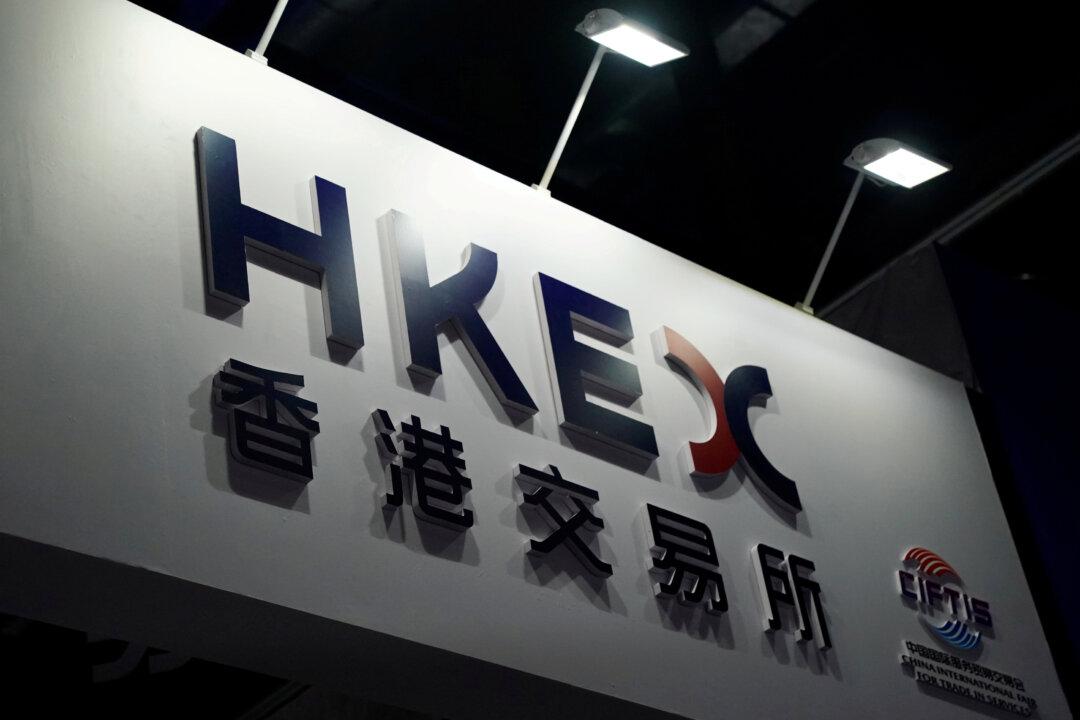Youth employment has emerged as one of Beijing’s most pressing challenges—with more than 10 million fresh graduates expected to enter the labor market this year—given the ongoing economic slowdown, property sector slump, and other difficulties.
As a record 10.76 million new college graduates are set to enter the competitive job market this summer, China’s National Development and Reform Commission on Feb. 11 announced financial incentives to urge small companies to hire fresh graduates and to provide special support for young people to start a new business.




